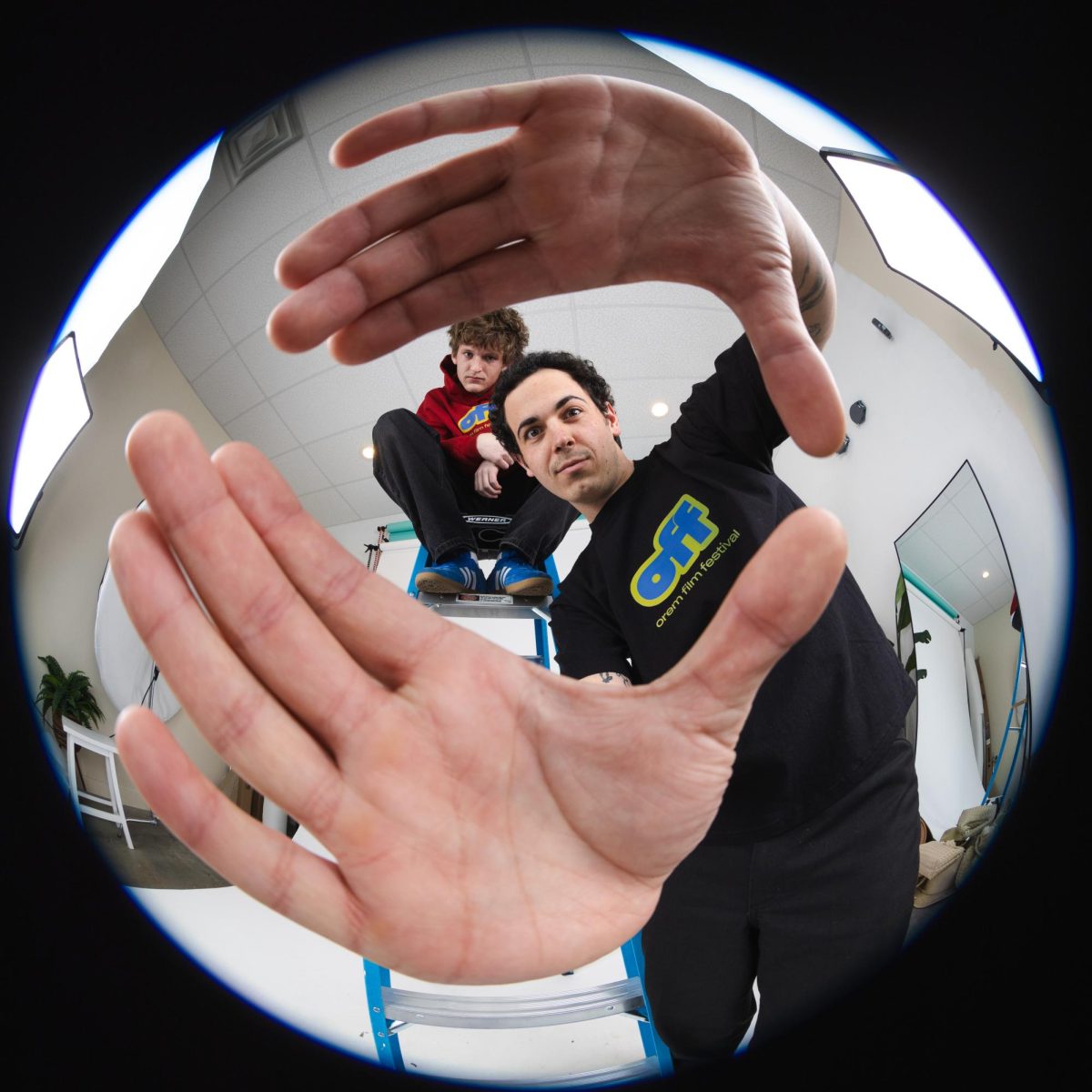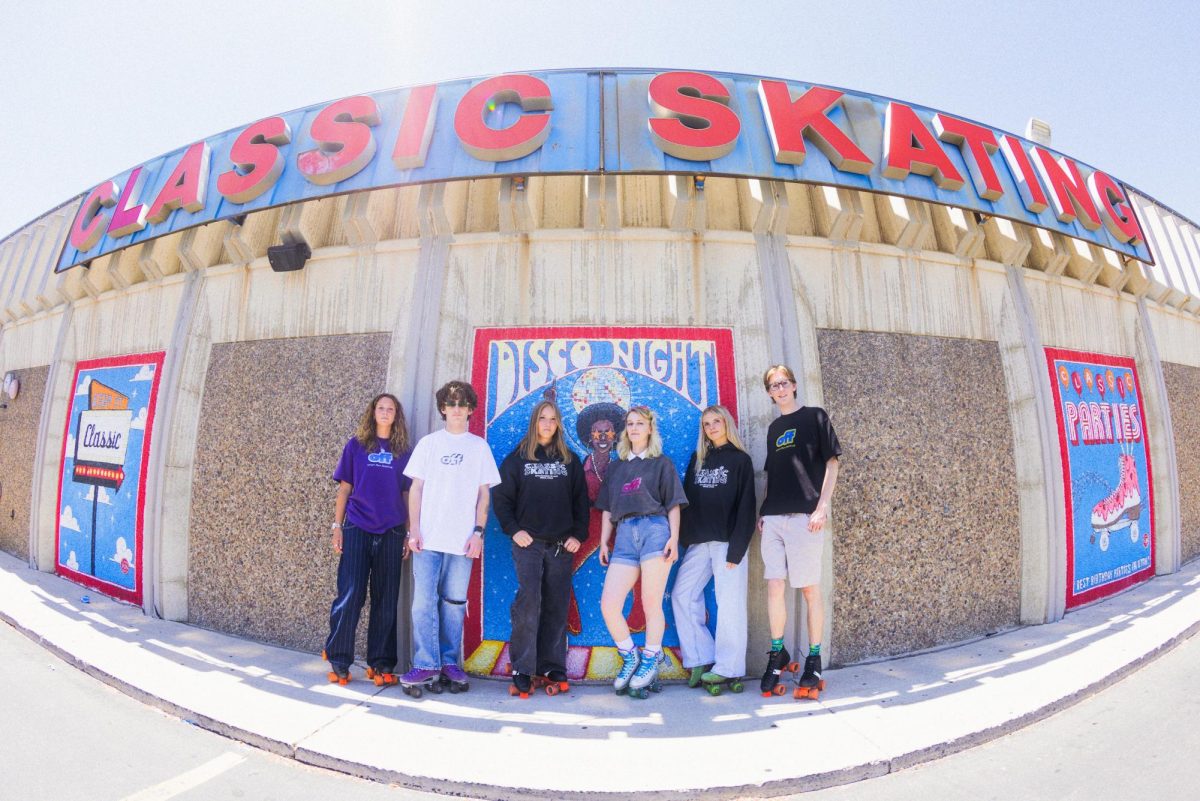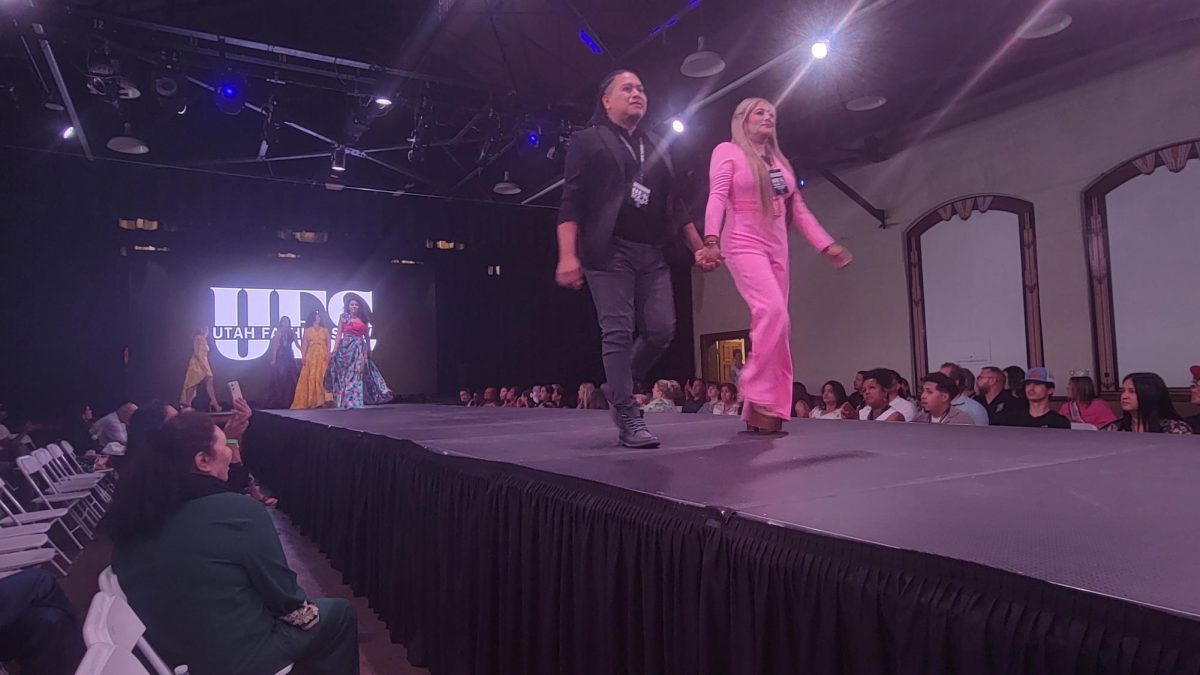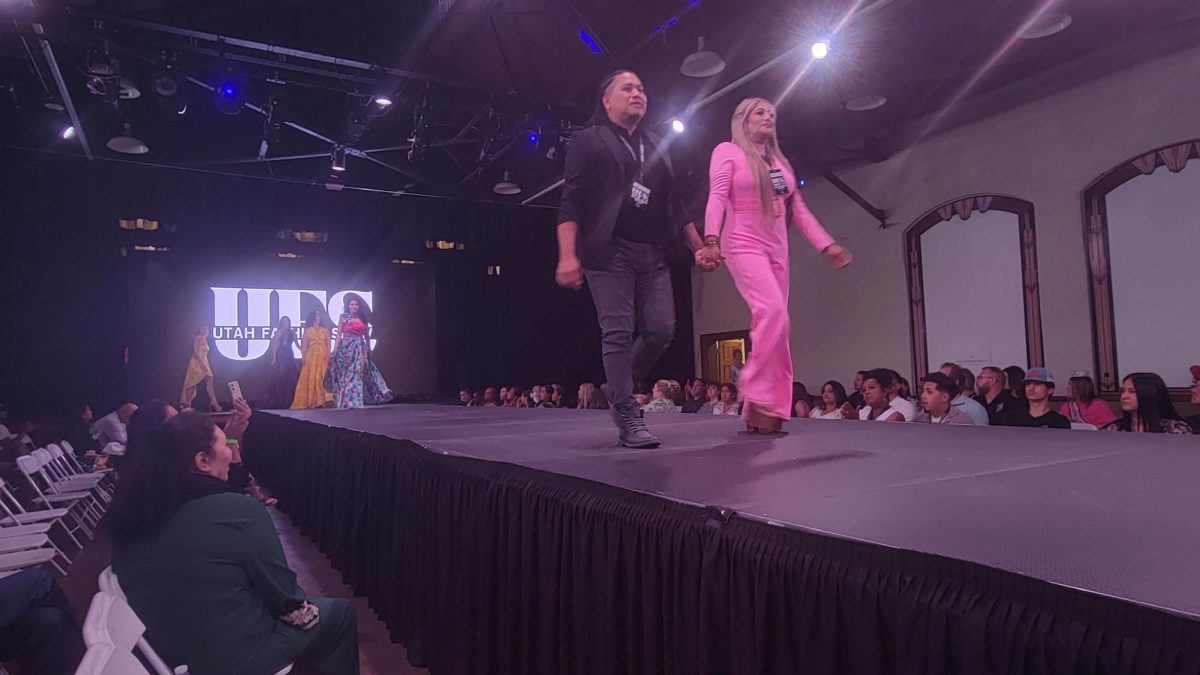On June 3, thousands of Utahns converged in Salt Lake City for the annual Utah Pride Parade. What began as a small gathering in a park in 1974 has evolved into a monthlong festival that includes marches, a 5K charity run and concerts, all held in support of Pride Month.
Pride Month is celebrated every June to honor the 1969 Stonewall riots in Manhattan, which were a tipping point for the Gay Liberation Movement in the United States. Celebrations across the country commonly include pride parades, parties, workshops and concerts. The purpose of the monthlong commemoration is to recognize the impact that LGBT individuals have had on America’s local and international history.
Three years ago, the U.S. Supreme Court recognized marriage equality. Since then, LGBT people have continued to face uphill battles for acceptance and true equality.
On June 4, the Supreme Court decided that religious beliefs condemning homosexuality can be used to trump laws that protect LGBT people from discrimination. Justice Anthony M. Kennedy, who wrote the court’s 5-4 decision in 2015 in favor of gay marriage, cast the deciding vote for a Colorado baker who refused to create a wedding cake for a same-sex couple. The Court decided that the First Amendment protected the baker, who argued that, as a cake artist, his freedom of expression to create was violated by the same-sex couple’s request.
The Trump administration filed a brief in support of the baker, agreeing that his cakes are a form of expression, and he cannot be compelled to use his talents for something he does not support.
This case is just one example in a long list of the Trump administration undermining LGBT rights. Recently, the Trump administration announced that the Department of Education would no longer protect the right of transgender students to use a restroom conforming with their gender identity. President Trump also issued orders banning transgender people from serving in the military.
The Utah Department of Health documented a 141.3 percent increase in Utah’s youth suicide rate between 2011 and 2017, a period that coincided with high-profile battles in Utah with victories over Proposition 8 and marriage equality. LGBT teens are three times more likely than their heterosexual peers to attempt suicide.
In the face of an unsupportive administration, activists work to protect LGBT people. Last year, Equality Utah successfully challenged a law that had prohibited the advocacy of homosexuality in Utah’s public schools. This anti-gay law had fostered in public schools a climate of fear and ignorance about homosexuality while rendering LGBT students invisible and consigning them to second-class status.
Last September, the Utah Board of Education issued new guidance to every school administration, writing: “The Utah State Board of Education desires each student in Utah public schools to receive a high quality education free from all manner of discrimination, which can take the form of bullying, based on religion, race, ethnicity, gender, sexual orientation, and gender identity.”
On May 30, Real Salt Lake kicked off its first ever Pride Night, becoming the first professional sports team in Utah to show support for Pride and one of only 17 Major League Soccer teams to recognize Pride Month.
Though a 2017 study shows that the majority of LDS members oppose same-sex marriage, the numbers have dropped from a 68 percent opposition rate in 2013 to 53 percent in 2017. Even more hopeful, the same study shows that the majority of young Mormons, aged 18 to 29, are in support of same-sex marriage and LGBT rights. 70 percent of Utahns are in favor of laws that protect LGBT people from housing and employment discrimination.
Other religions are experiencing the same dramatic shift. Opposition from evangelical Protestants fell from 71 percent in 2013 to 58 percent in 2017. Among major religious groups, Mormons and evangelicals are the only religions to continue to support religiously based service refusals, such as wedding chapels declining service to gay and lesbian couples.
Though Utah is solidly conservative, we’re experiencing a shift in narrative. Young Utahns are more progressive and accepting than the generations before them. In 1974, a small group of Utahns celebrated Pride Month alone in a park. Today, thousands gather for different events stretched across the state, and next year more will come. Our president and the Supreme Court can’t change our minds.



















